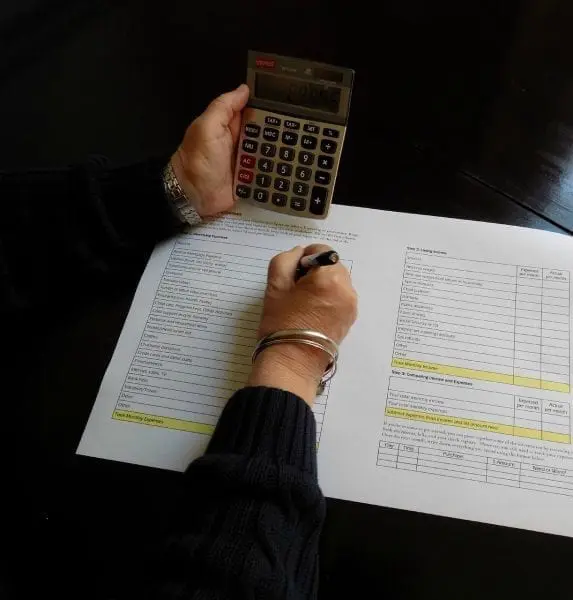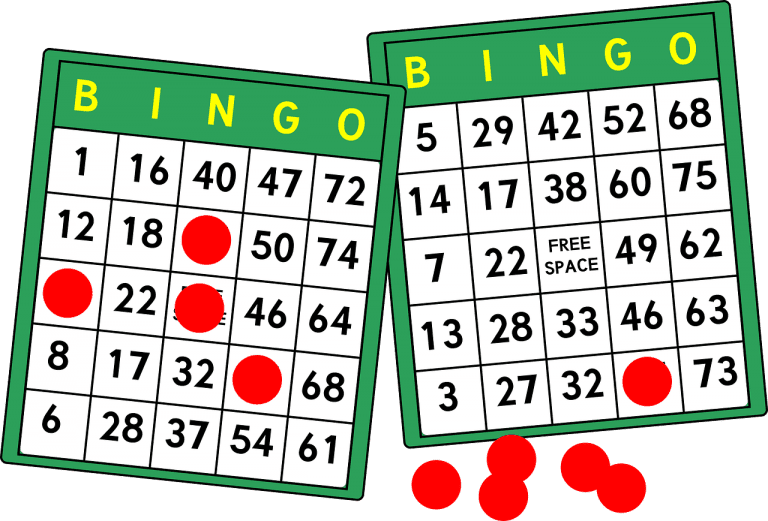Do You Need a Budget? A Beginner’s Guide to an Expense Budget

Let’s be honest. It’s easy for some people to just avoid thinking about money and about budgeting in particular. Maybe thinking about money stresses you out; maybe you were raised in a home where you were taught that it’s gauche to talk about money. The reality is that many people have a clear sense of how much money is coming in each month, but often they don’t know how much is going out. In fact, chances are good that on more than one occasion, you’ve reached the end of a month and wondered, “Where did it all go?”
Being financially responsible means not just knowing where your money goes but also having an intentional plan about where it should and will go. This is why you need an expense budget. It’s an important step to being in control of your finances, rather than allowing the stress associated with finances to control you.
Why Is Budgeting Important?
An expense budget is basically a spending plan. Primarily, creating and sticking to a plan means that you will have the money for the things that you need. Secondarily, you will also know how much money you can afford to spend on things that you want but don’t necessarily need. Budgeting is a way to rid yourself of some of the stress that may be associated with spending because you’ve decided ahead of time exactly what and how much you can afford.
Where Should You Begin Your Expense Budget?
You should begin by breaking down your expense budget and your spending into four categories: items which are mostly fixed amounts for extended periods, items which are fixed amounts for shorter periods, unpredictable items, and discretionary items.
Fixed Expenses for Extended Periods
The first major category to budget for is any items that are basically fixed expenses for extended periods of time. These are your most important expenses and include the things you should pay first. This category includes:
- Monthly rent or mortgage payments
- Utilities, such as water, gas, and electric
- Telephone and internet expenses
- Property taxes
- Food
- Household incidental items
- Insurance premiums, including life, health, and homeowners insurance
Fixed Expenses for Shorter Periods
You may have additional fixed expenses that will last for shorter periods of time. This is your secondary tier and includes:
- Alimony and child support payments
- Car loan payments
- Any other loan payments
Unpredictable Expenses
This is your third category. It includes items you set aside money for in the event of unforeseen problems. While it is tempting to ignore this category, it should come before discretionary spending. Unpredictable expenses include:
- Healthcare expenses
- Legal costs
- Auto repairs
- Home repairs
Discretionary Expenses
This category of your expense budget includes items where you could reduce spending if you needed to. Discretionary expenses include:
- Clothing and other personal items
- Babysitting and childcare
- Domestic help
- Entertainment
- Property maintenance
- Gifts
- Home furnishings
- Charitable contributions
The difficulty that many people run into is that they sometimes spend their discretionary funds first and don’t leave enough to pay for their fixed expenses. To put it another way, it’s easy to spend money on clothes, entertainment and all kinds of fun things and not budget enough for a mortgage payment, healthcare and insurance. The thing to remember about discretionary items, this fourth tier of your budget, is that this is the place to cut back if you need to make cuts. One important aspect of budgeting is that it helps you separate your needs from your wants; most discretionary items are merely wants.
Other Items
The basic categories outlined above represent a very basic approach to expense budgeting. There are a number of other vAriables, some of them very expensive, that you may need to take into account, such as paying for a child’s college or saving for a home. Consulting an expert, like Don Gayhardt, can be helpful if you need support in your financial planning.
What Next?
Once you’ve created an expense budget by deciding how much you will spend per month in each category, your next step should be to follow your plan. You should also track your income to be sure that you really have the amount coming in that you’ve planned for. For some people sticking to the plan is the difficult part. We live in a society where we have been conditioned to expect instant gratification. One result of this is that when we see something we want, we think we “should” be able to buy it. Sticking to a budget may require practicing significant self-control. If something is a “want,” rather than a “need” and you don’t have the discretionary funds for it, then you simply have to tell yourself, “No” and stick with it.
A Final Thought
As you are planning and living your expense budget, you should be aware of areas where you can make cuts in your spending. Even small cuts can add up to big savings. For example, making coffee at home and taking it with you to work rather than stopping at Starbucks each morning can make a significant difference. Expense budgeting can be simple, but that doesn’t always mean it’s easy. It may require creativity and self-control.
Similar Posts:
- Why You Need To Keep A Household Budget
- Where Is Your Money Headed?
- A Simple Plan to Regain Financial Fitness
- 7 Tips to Keep Your Budget on Track During the Moving Process
- Personal Finance Basics









